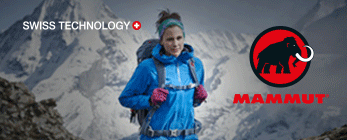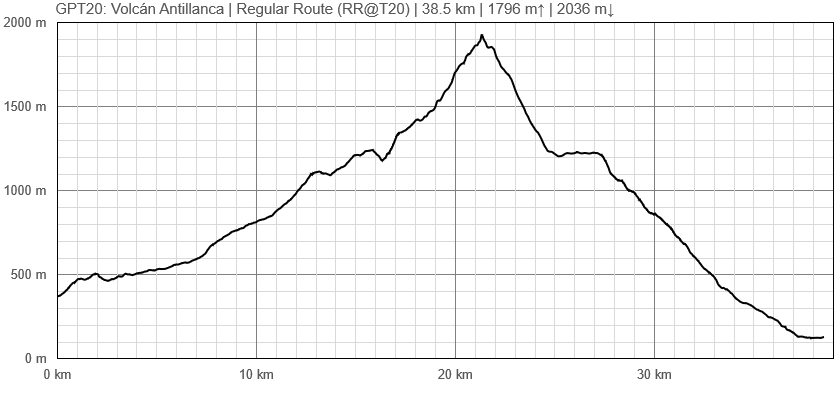GPT20 - Volcán Antillanca
|
|
| |||||||||||||||||||||||||||||||||||||||||||||||||||||
Recent Alerts and Suggestions
Season Section Log
Summary Table
Satellite Image Map
Elevation Profile
Section Planning Status
Recommended Travel Period
Benefits of Hiking and Packrafting
Recommended Travel Direction
Section Length and Travel Duration
Suitable Section Combinations
Section Attractiveness
Section Difficulty
Resupply
Resupply Town
Shopping: Food
Shopping: Fuel
Shopping: Equipment
Services: Restaurants
Services: Laundry
Services: ATM and Money Exchange
Accommodation: Hostals and Hotels
Accommodation: Cabañas
Accommodation: Camping
Transport: Ground Transport
Transport: Ferries
Transport: Shipping Services
Resupply on the Trail
Location, Names, Available Items and Services
Access to Route and Return
Access to Start
Return from Finish
Escape Options
Permits, Entry Fees and Right-of-Way Issues
Regular Route
Regular Hiking Route
Comments to Regular Hiking Route
- Route description by Kara Davis after Season 2017/18:
A small road leads past the CONAF building and winds through several Cabañas until reaching a trail. This trail, although fairly obvious and easily followed, becomes more overgrown as it travels deeper into a bamboo forest. The density of obstructions (foliage, fallen logs, etc.) makes hiking slow. Around 1.100 m, the forest begins to open up and there are several small campsites. At treeline, the trail widens into a old gravel roadbed. Be careful not to miss the turnoff onto a small trail to the right that dips back into the trees, as the regular route does not follow this roadbed for long. At the bottom of the descent, the trail crosses a meadow and climbs back up to treeline. The trail on Volcán Casablanca is not obvious, but there are several stone cairns (and the occasional bamboo pole) sparsely spaced along the path. Alternate Route: After descending from the Volcano, we decided to hike along the mapped trail located to the east of the GPS route. We quickly discovered the trail was wiped out by a landslide, and involved a steep descent to a faint track. The track winds through some open forest and joins a large black river bed. At the end of the open river bed, reenter the trees and follow a fairly obvious but overgrown path. Camping is very difficult to find until rejoining the regular route. I would seriously recommend sticking to the regular route as shown by the GPS track; this alternate was slow going and painful.
- Comment by Jan Dudeck: Based on recent feedbacks both routes (tracks RR-TL-V@20-27.5 and OH-TL-I@20-01-#) are badly overgrown but the regular route is probably the slightly better option. Expect to be slow and battle bamboo most of the way down through the forest until reaching Lago Rupanco.
Follow the path until the river crossing at Lago Rupanco. The river is swift and deep, so be careful while crossing. Much of the year it is probably uncrossable and there is no bridge. There is a local who lives in the house on the lake shore northwest from the mouth of the river whom may offer passage on his personal row boat for payment. You may see his boat tied to a tree near the lake. Town: Puerto Octay to Osorno/Puerto Varas/Puerto Montt There is a boat ferry that picks passengers up at Las Gaviotas, which is the beginning of GPT21, and travels to Puerto Buey. It is about a 50 minute ride and 200 CLP. The boat only runs two or three times a day. It is also possible to walk the distance, about 10 km down the road on the south side of the lake. From there you can catch a bus, which also only runs a couple of times per day, to Puerto Octay with connections to Osorno (which is the better resupply option). Puerto Octay has a limited selection for resupply, but there are several restaurants and a good quesería. It is easy to catch a bus to Osorno, Puerto Varas, or Puerto Montt which all have large supermarkets. Comment by Jan Dudeck: To my knowledge the boat runs not daily. Please check with locals and provide current information to the ferry Las Gaviotas.















